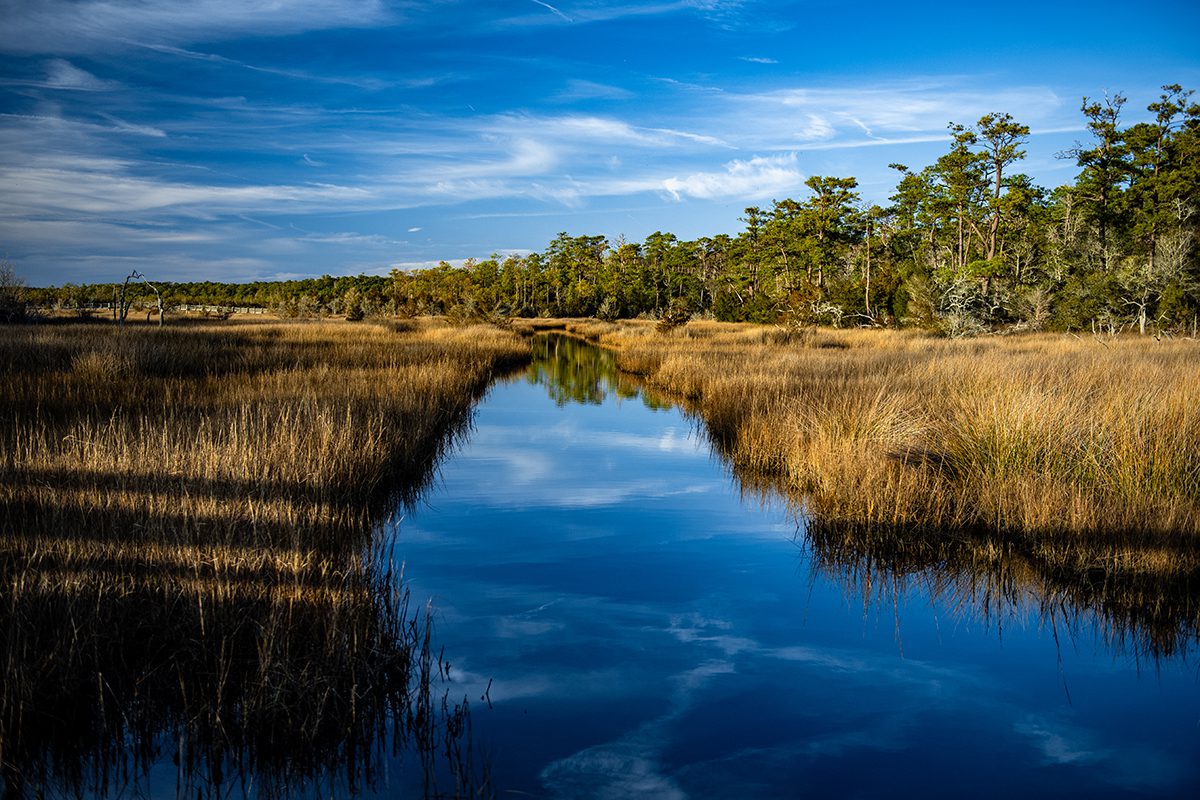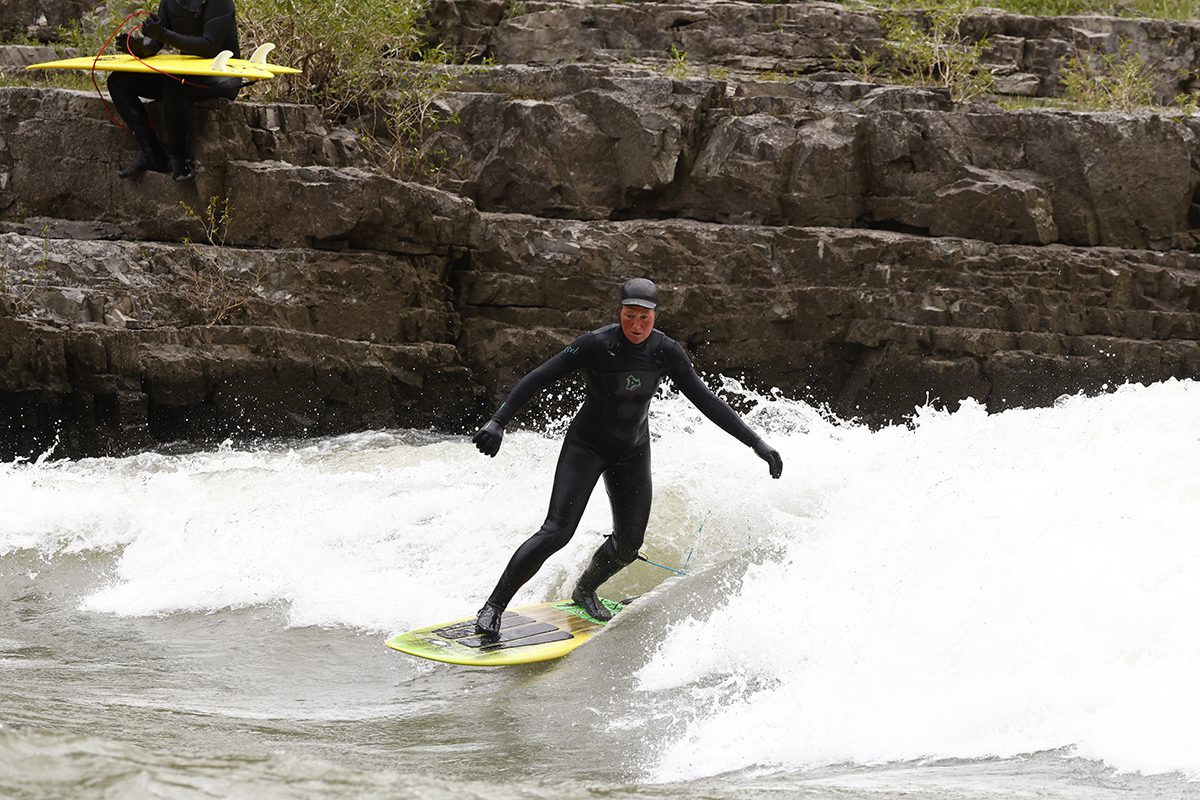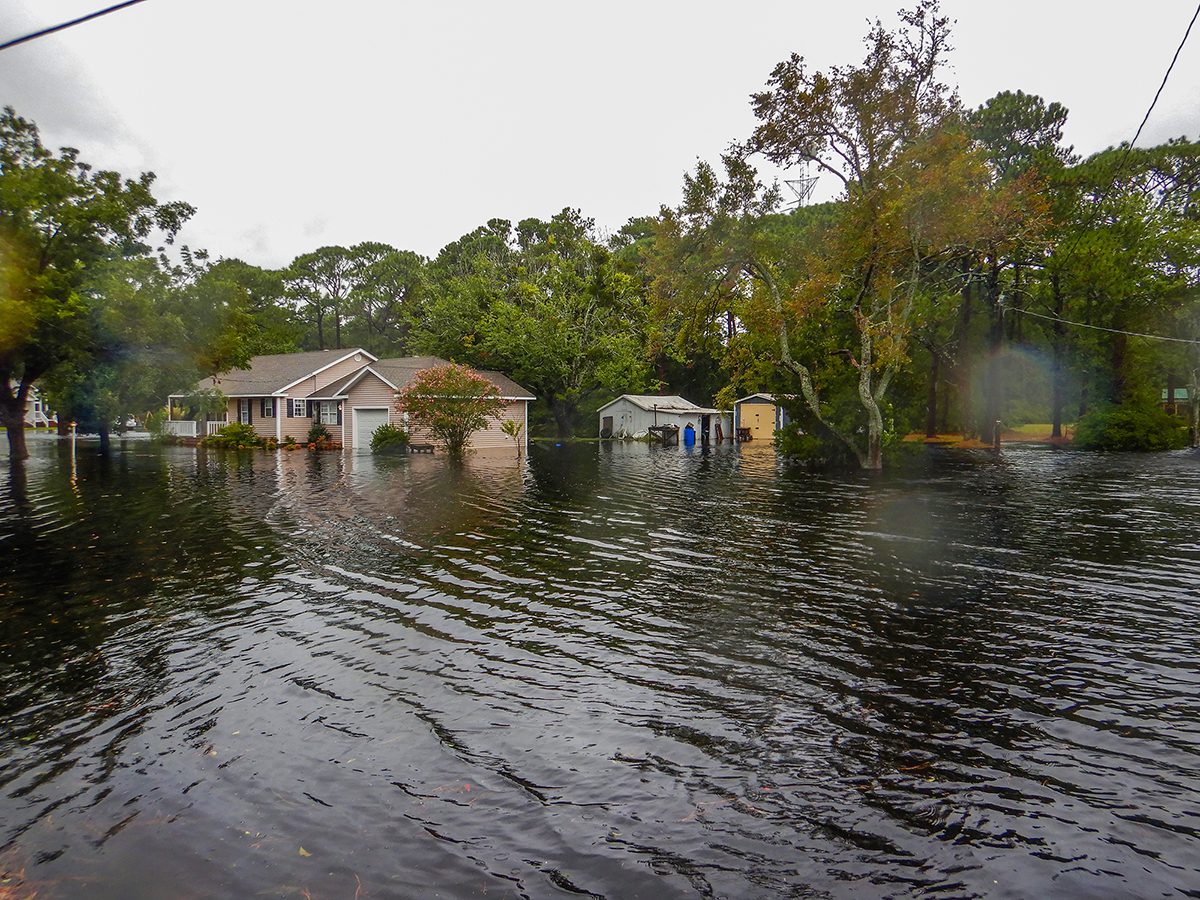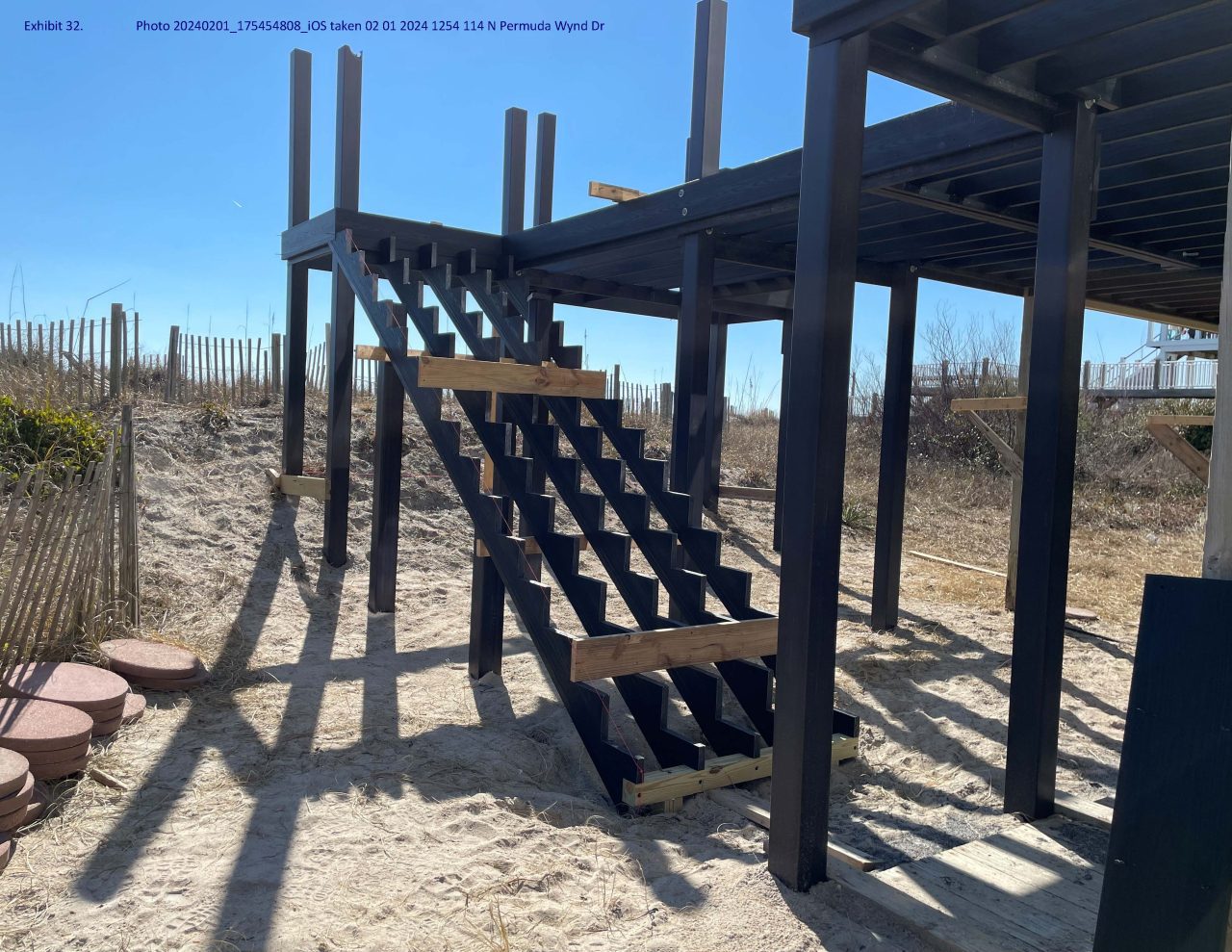
A North Topsail Beach couple and their contractor cited for damaging dunes hope to settle the alleged violation through mediation, a process allowed under a new state law.
The town’s zoning board of adjustment on Wednesday night agreed to push an evidentiary hearing on the case back by a month and, in the interim, try and resolve the matter in mediation.
Sponsor Spotlight
The new law allows mediation “or other forms of alternative dispute resolution” on appeals to local boards of adjustment.
Steve Coggins, a Wilmington-based attorney representing the property owners, requested the mediation, noting that the law stipulates both parties had to agree to mediation in order to proceed.
That triggered a discussion on how the process of mediation should be navigated.
The state statute does not offer guidance as to which local government officials — town staff, members of the board of adjustment, or both — should be involved in mediation.
Sponsor Spotlight
To avoid a quorum, the town’s attorney advised the board to appoint two of its members to sit through arbitration. North Topsail staff will also take part in the mediation.
The board appointed Chair Hannah McCloud and member Lisa Lee Kozlowski. Town staff, including North Topsail’s attorney Brian Edes, will also be involved in the mediation.
Property owners Philip and Kristen Buckley are appealing a citation they received Feb. 1 that alleges their contractor, Coastland Construction LLC, violated North Topsail Beach’s development ordinance by installing deck pilings within the town’s 5-foot dune buffer zone.
The citation included a $10,000 civil penalty and ordered that the natural area damaged or excavated be restored within one week.
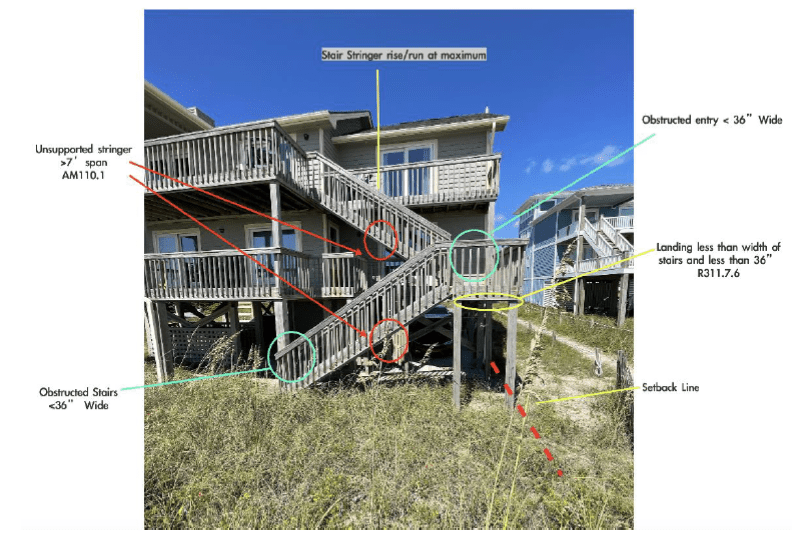
Matthew Davis, the contractor the Buckleys hired to rebuild the two-story rear deck of their oceanfront home at North Permuda Wynd Drive, notified the state that the original layout of the stairs leading from the deck to the ground did not meet the current building code.
To meet the code, Davis said he would have to rotate a newly constructed staircase in a direction that would move the stairs into the frontal dune.
The N.C. Division of Coastal Management exempted the project from a Coastal Area Management Act, or CAMA, minor permit, giving the contractor the greenlight to rotate the staircase so that it would be in compliance with the building code, according to information on the town’s website.
State coastal rules allow the repair of weather-related damage to oceanfront structures as long as the structure remains the same size, in the same location and the cost of the repairs does not exceed more than half of the market value of the existing structure.
State rules stipulate that “any and all necessary authorizations, approvals, or zoning and building permits” must be obtained at the local government level before work may begin on a project.




